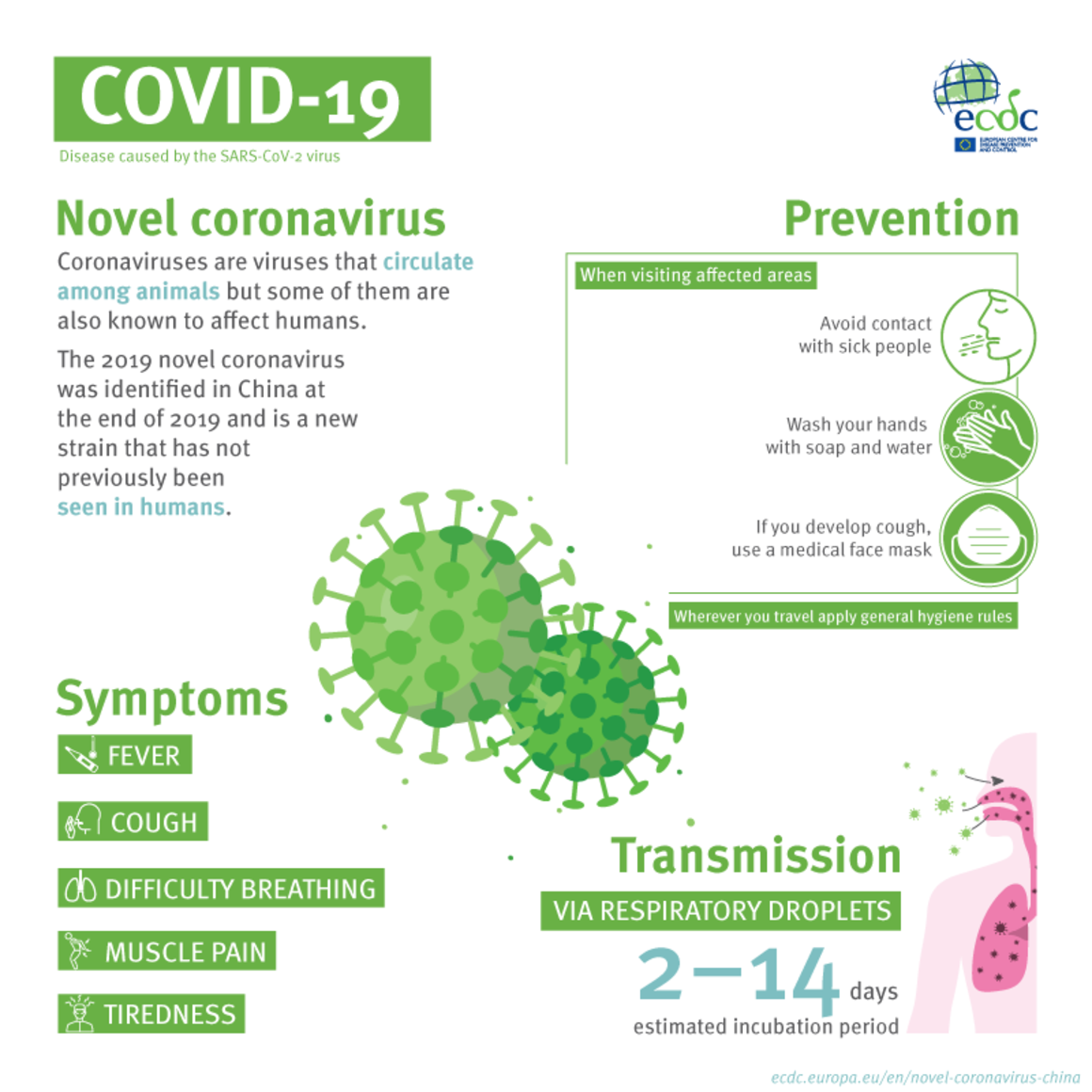
On March 11, 2020, the World Health Organization (WHO) announced that the COVID-19 coronavirus global emergency is now a pandemic. The UN health agency urged countries worldwide to "double-down" on their efforts to curtail the spread of the infectious disease, which has swept into at least 114 countries and killed over 4,000 people in less than three months.
"WHO has been assessing this outbreak around the clock, and we're deeply concerned both by the alarming levels of spread and severity and the alarming levels of inaction. We have therefore made the assessment that Covid-19 can be characterized by 'pandemic,'" WHO Director-General Tedros Adhanom Ghebreyesus said at a press conference in Geneva, Switzerland.
What is a pandemic?

A viral illness usually starts as an "outbreak." This refers to a large number of people in one area getting infected within a short period of time. For example, the series of measles cases in the US in 2019 was considered an outbreak. If the disease continues to spread extensively, it is termed an "epidemic." According to the WHO, an epidemic is "the occurrence in a community or region of cases of an illness ... clearly in excess of normal expectancy."
However, the rapid global spread of COVID-19 — which began as an outbreak with 41 identified cases in Wuhan, China — has clearly gone far beyond the local community and region, transforming into a "pandemic." Scary as it sounds, a pandemic is a loosely-defined term that does not necessarily predict a severely dire outcome. The WHO usually declares a pandemic when a new virus, for which people do not have immunity, spreads around the world beyond expectations.
Dr. Nathalie MacDermott, National Institute for Health Research academic clinical lecturer at King's College London, says: "The change of term does not alter anything practically as the world has been advised for the last few weeks to prepare for a potential pandemic, which has hopefully been taken seriously by all countries. The use of this term, however, highlights the importance of countries throughout the world working cooperatively and openly with one another and coming together as a united front in our efforts to bring this situation under control."
How is the world stepping up to the WHO's call for action?
While governments and corporations worldwide had taken some measures to curb the COVID-19 spread, its new status as a pandemic has elevated the urgency further. Italy, which has reported 10,000 COVID-19 cases, including 1,000 deaths — the worst outbreak outside of China — has imposed severe travel restrictions and banned all public gatherings. All sporting events have also been suspended indefinitely, and schools and universities have been shuttered until at least April 3, 2020.
Spain, with over 4,000 cases, has declared a national state of emergency. In addition to banning non-essential travel, the government has also closed all schools and universities until early April. In the Catalonia region, all businesses and retailers, except for ones selling food or essential goods, have been shut down in the four hardest-hit towns. Madrid, which is the epicenter of almost half of the country's COVID-19 cases, has taken similar measures and closed all restaurants, bars, and shops. Only supermarkets and pharmacies are allowed to remain open.
The US is taking similar measures. Following the WHO announcement, President Trump imposed a 30-day ban on visitors from continental Europe. He also promised to free up as much as $50 billion towards fighting the spread of the virus. The US government is also in the process of approving a bill that will provide free COVID-19 testing for all, and paid sick leave and unemployment insurance for those afflicted with the virus, as well as additional Medicaid funding for local healthcare systems.
Professional sports leagues, including the NBA, NCAA, NHL, and MLB, have either postponed or suspended their 2020 season. A large number of universities across the nation have closed and moved classes online for the rest of the school year. At least a dozen states, including —Ohio, Maryland, New Mexico, Michigan, West Virginia, Virginia, Louisiana, Illinois, Wisconsin, Washington, and Alabama — have closed schools until the end of March or early April. Large retailers, including Apple Inc and Urban Outfitters are shuttering stores globally, while others like Walmart, are cutting store hours. Many American city and town officials have banned large public gatherings, including concerts. Officials are also urging citizens to limit private events to less than 100 guests.
What precautions can I take?

Experts assert that simple precautions are the key to avoiding the infection. Wash your hands, including your nail tips, frequently and thoroughly with soap and water for at least 20 seconds. Avoid touching your eyes, nose, or mouth with your hands, and stay away from people displaying flu-like symptoms. Conversely, those experiencing such symptoms should get tested and not go to school, work, or any public area where they risk infecting others.
Given the unprecedented nature of the virus' spread, the situation is certainly not one to be taken lightly. However, thanks to the concerted efforts from government officials, corporations, and individuals, we remain optimistic that the COVID-19 pandemic will soon be contained.
Stay strong, stay healthy. We are all in this together!
Resources: Vox.com, LAtimes.com, www.brusselstimes.com USAtoday.com
